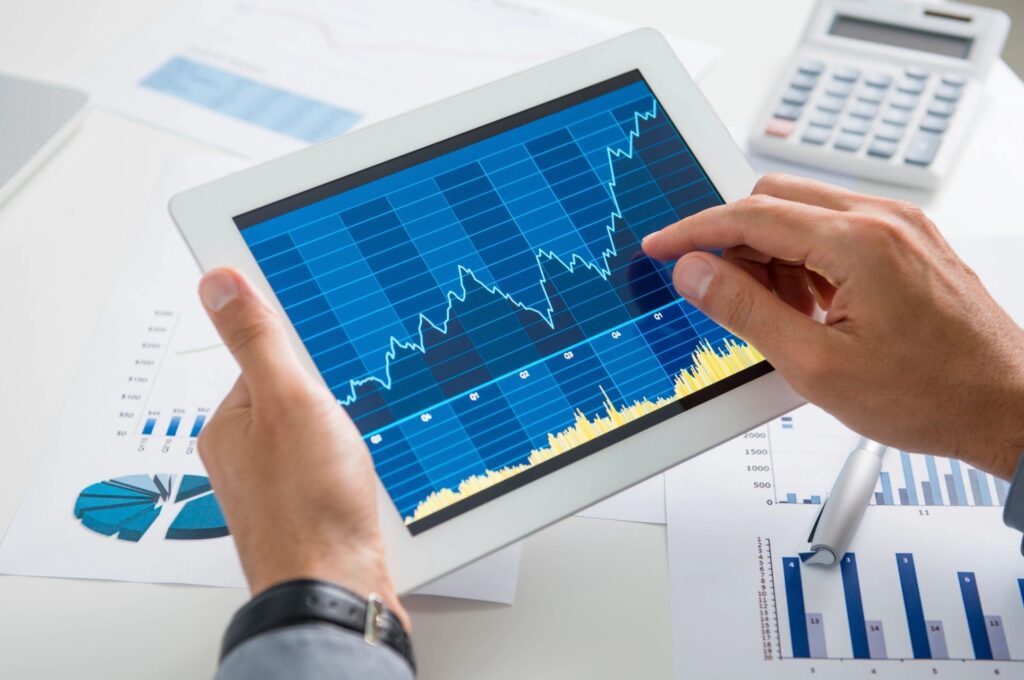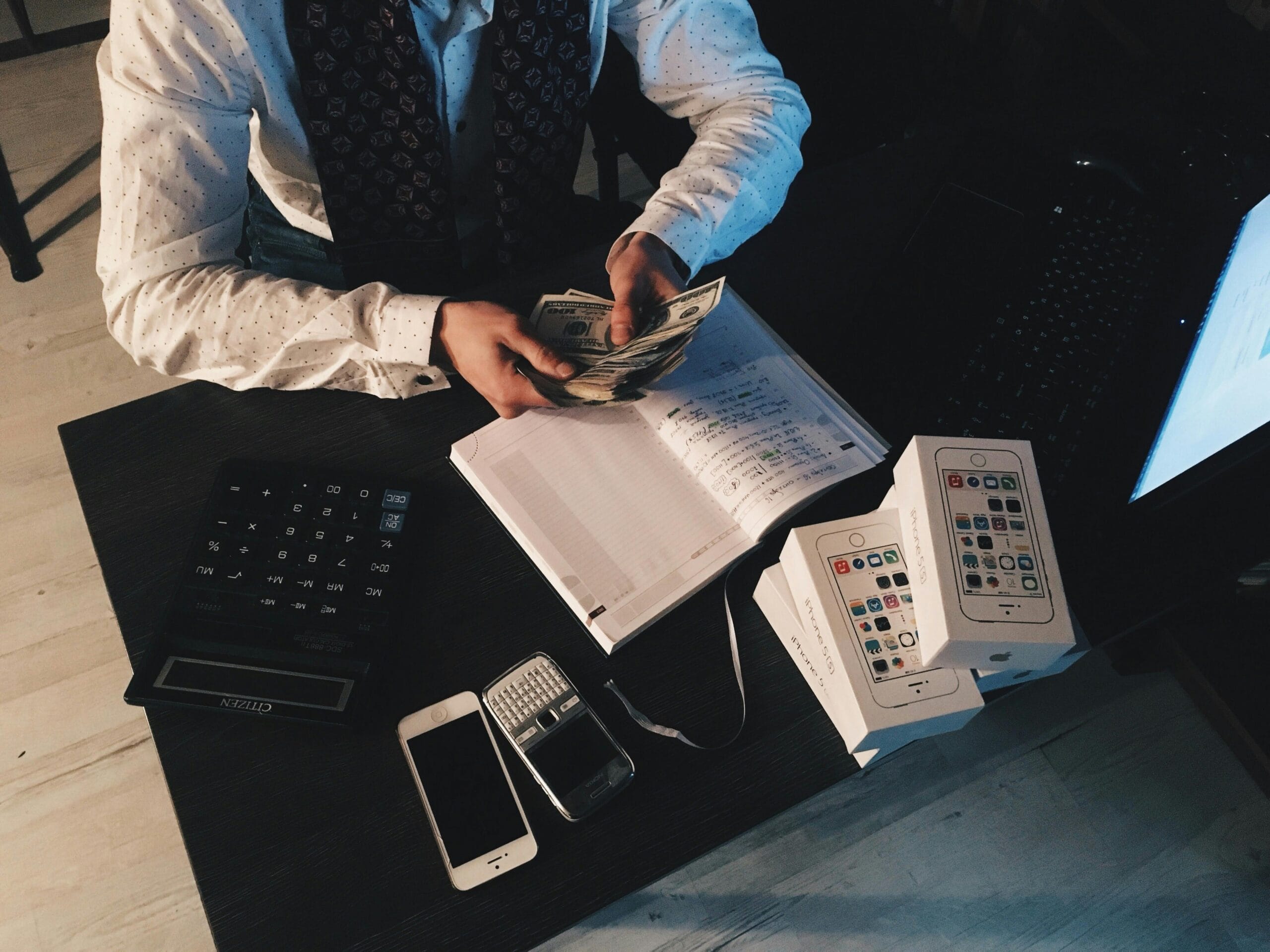When people hear the word “stock market,” they often imagine 🎰 gambling, risky bets, and lucky winners. But what if the stock market isn’t about luck at all?
Let’s think differently: what if the stock market is actually a mirror 🔍—a living, breathing reflection of how people behave on a large scale?
If you’re looking for a simple way to understand how the market works, check out our dedicated guide: Stock Market Made Simple.
In this blog, we’ll explore a new way to understand the market—not as a game of chance, but as a reflection of emotions, decisions, and stories that shape economies.
🧮 Stock Market: More Than Just Numbers
The most basic definition of a stock market is a place where investors buy and sell ownership shares in companies. But the market is not just about companies and their profits; it’s driven by people—investors, traders, institutions, and even algorithms created by people.
Prices go up when many people believe a company will do well in the future. They go down when confidence fades. This has less to do with the actual performance of the company and more to do with perception.
This is why the stock market often rises even when economic data looks bad—and why it can crash despite good earnings reports.
📈 Real-World Example: During the COVID-19 pandemic, millions were unemployed, businesses were closing, and economies slowed down globally. Yet the stock market boomed after March 2020. Why? Because investors believed governments would inject enough money to keep companies afloat. That belief, not the actual economy, lifted the market. Here’s an article from CNBC explaining this trend.

😨 Fear & 😍 Greed: The Real Movers of the Market
Forget numbers for a second—what really drives the market are two powerful emotions:
Greed 😍 — “I can double my money!”
Fear 😱 — “I’m going to lose everything!”
When investors get greedy, they tend to buy stocks at high prices, hoping they’ll go even higher. This leads to bubbles. When fear strikes—whether from a poor earnings report, a political decision, or even a rumor—those same investors panic and sell everything, often at a loss.
This emotional rollercoaster is what makes the market volatile. The ups and downs we see every day aren’t random—they are human.
🔮 The Market Reflects Belief Systems
If you think about it, the stock market doesn’t actually measure value—it measures belief in future value.
For example, why does Tesla, a company that sells fewer cars than Toyota, have a higher market value at times? Because investors believe Tesla is not just a car company but a technology and innovation leader. That belief fuels the stock price.
Similarly, companies that don’t even turn a profit can have soaring valuations simply because people believe they’ll make money someday. This makes the market less like a report card and more like a voting machine where people cast their votes based on faith, vision, and sometimes hype.

👥 The Collective Intelligence (and Ignorance) of the Market
Here’s something interesting: while any single investor can be wrong, the collective decision-making of the market is surprisingly accurate over time.
When a thousand people analyze the same stock from different angles, a kind of “crowd wisdom” kicks in. Prices settle at levels that balance all the knowledge, predictions, and fears in the system. This is called market efficiency.
But crowd thinking isn’t always right. Remember the GameStop saga in 2021? A bunch of retail traders on Reddit collectively decided to buy GameStop shares—not because the company was suddenly profitable, but to prove a point and squeeze out hedge funds. The stock surged over 1,700% before crashing back.
The market is smart, but it’s not immune to mass hysteria.
📖 Investing is a Form of Storytelling
Think about why you invest in a company. Is it really just numbers? Or is it the story you believe in?
- You buy Apple stock because you believe in innovation.
- You buy renewable energy stocks because you believe in the green future.
- You avoid tobacco companies because you believe in health-conscious living.
In this way, your portfolio becomes a personal narrative about your values, expectations, and dreams.
The stock market is full of stories—some true, some exaggerated, and some completely fictional. The challenge is to figure out which ones are worth believing in.

💼 Why This View Matters for You
If you’ve avoided investing because it seemed risky or complicated, this perspective might shift your thinking:
✅ You’re already involved. Your savings, pension, or job likely depends on the stock market.
✅ You don’t need to be a financial expert. You just need to understand people.
✅ Long-term investing works. You don’t have to predict trends. Just be consistent and patient.
👉 New to investing? Start here with Stock Market Made Simple
Final Thoughts: Look in the Mirror
The next time you see the stock market crashing or surging, don’t see it as a machine going haywire. See it as a reflection of human belief systems, trust, panic, and excitement.
You don’t need to be a gambler to invest. You need to be a good observer of human nature.
After all, the market isn’t some magical place—it’s just us.





One response to “The Stock Market Is Not a Gamble—It’s a Mirror of Human Behavior”
[…] A lot of people still believe the stock market is just a gamble. But the truth is, it’s far more psychological — a reflection of how humans react to fear, hope, and uncertainty. Read this article for a deeper look at how behavior shapes the market. […]